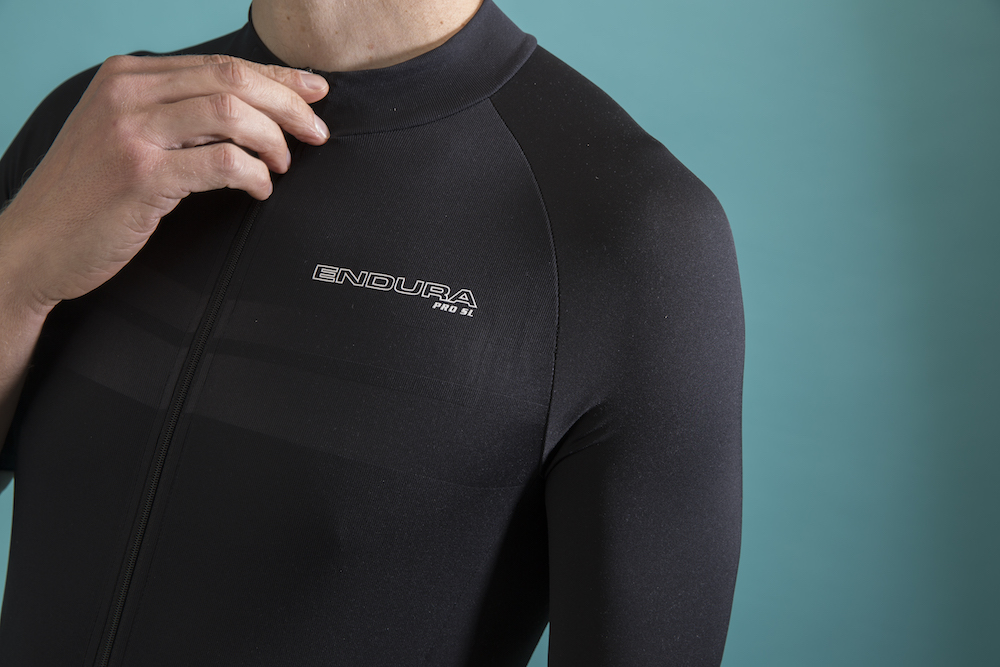
British cycling clothing brand Endura has posted “significant” financial losses at a challenging time for the industry’s retail market.
The Edinburgh-based company shared its annual accounts on Tuesday, revealing a £14,119,000 pre-tax loss, down from a profit of £759,000 at the end of 2022. The latest reporting period covers the 13 months to February 2024.
It is the first time Endura has posted a loss since 2019, and follows prosperity during the pandemic, when profits remained over £2.5m.
In a note accompanying the latest accounts, company director Andrew Long said a “large reduction in sales” had filtered down into a “significant loss in the year”.
“The movement in the period is due to a reduction in sales, primarily in the United Kingdom region, which reflected challenging market conditions found throughout the cycling industry after unforeseen growth during the Covid pandemic,” Long wrote. “The challenging market is even more evident in the turnover figures given we have an extended year end this year.”
Over the 13-month period, Endura’s turnover from sales fell from almost £41m at the end of 2022 to £28.5m. Some of the company’s losses also came from “impairment” of inventory, with the value of its stock drawn down in value by £2.8m.
Endura is a subsidiary of the Pentland Group, which is known for being a majority shareholder of JD Sports. Despite the cycling brand’s losses, its parent company confirmed it will “provide the support, as appropriate” to allow it to meet its liabilities for the next 12 months. Pentland, which also owns Speedo and Berghaus, enjoyed a profit after tax for the same financial period of £339.8m.
In comments shared with Cycling Weekly, Endura's senior vice president Noah Bernard said: “We know that during the pandemic, many people bought their cycling kit and it’s taken a while for the wider market to catch up.
“Pentland Brands operates a portfolio of brands in a number of categories, and is committed to Endura and the exciting growth plans we have in key markets around the world like the US, UK and Germany. We’re also doubling down on mountain biking and gravel – which lie at the heart of the dirt lifestyle we are notorious for.”
Bernard added that he remains “positive” about the brand's future.
Still, Endura’s woes mirror those across the cycling clothing industry. Earlier this year, Le Col shared losses in excess of £6m, while last month, Rapha posted a pre-tax loss of £22.7m, marking seven years in the red.
In a statement at the time, a Rapha spokesperson said the company was “focused on further improving business profitability and resilience” against a “backdrop of a turbulent and competitive post-pandemic cycling sector”.
Following the pandemic, many companies were left with surplus stock, and faced reduced demand from consumers. These market conditions contributed to Wiggle Chain Reaction Cycles entering administration in late 2023, with the company eventually bought by Frasers Group. Elsewhere, UK-based clothing companies Presca and Milltag were forced to cease trading.
Experts have said businesses within the industry are currently working on the mantra ‘survive to 2025’, when it is hoped overstocking will settle.







